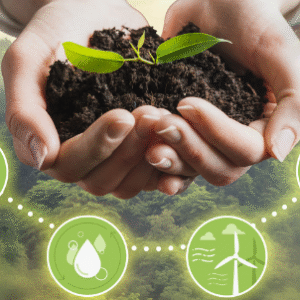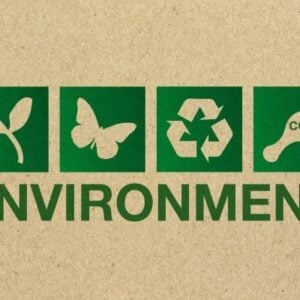When the European Union introduced the Global Gateway in 2021, it positioned the initiative as a strategic response to a rapidly shifting geopolitical landscape. Unlike traditional funding instruments, Global Gateway is designed to mobilize up to €300 billion in investments by 2027, with a focus on key sectors such as digital infrastructure, climate and energy, transport, health, and education. Africa is set to receive €150 billion, reflecting the EU’s prioritization of the continent.
For civil society organizations (CSOs), the pressing question is how these large-scale investments will impact communities on the ground. With projects often involving private finance and cross-border infrastructure, there is a risk that local voices and grassroots priorities may be overlooked in favor of financial or political objectives.
Against this backdrop, CONCORD and Forus convened a webinar on 26 August 2025, titled “Understanding the Global Gateway – What It Is, How It Works, and Why Civil Society Should Engage.” The event brought together 238 participants from across the world, with interpretation in English, French, and Spanish, to discuss the initiative and explore how civil society can meaningfully influence its trajectory.
Pauline Véron from ECDPM explained that Global Gateway was conceived partly in response to conflicts, supply chain disruptions, and Europe’s desire to reclaim influence on the global stage. Unlike traditional aid, Global Gateway combines multiple instruments, including the European Fund for Sustainable Development Plus, member state contributions, and private sector finance. Its “Team Europe” approach unites the European Commission, European External Action Service, EU Member States, financial institutions, the private sector, and NGOs to mobilize political, technical, and financial resources at scale. The EU describes the initiative as a “360-degree” model, with flagship projects already underway across sectors such as digital, climate and energy, transport, health, education, and research.
Despite its ambitions, civil society’s role in Global Gateway remains limited. Jaimie Just from CONCORD highlighted that engagement has been inconsistent, particularly for women’s organizations, youth groups, grassroots movements, and CSOs in the Global South. A lack of transparency in funding flows, project pipelines, and monitoring risks leaving civil society at the margins. Over-reliance on “bankable projects” could also increase debt burdens for partner countries while sidelining local priorities.
To address these gaps, civil society advocates for revamping the Civil Society & Local Authorities Advisory Platform to provide a genuine voice, establishing structured consultation mechanisms with local actors throughout project cycles, enhancing EU delegations’ capacity to engage CSOs, creating public portals with clear ESG and human rights indicators, and allocating part of flagship resources directly to community-based initiatives. Although the advisory platform was formally established in late 2023, engagement on the ground remains uneven.
Case studies from Kazakhstan, Chile, and Kenya illustrate both opportunities and challenges. In Kazakhstan, EU investments in green hydrogen, lithium mining, and infrastructure upgrades have raised environmental and consultation concerns, prompting local CSOs to push for transparency, regulation, and just transition measures. In Chile, renewable energy and digital infrastructure projects face similar gaps in social and environmental safeguards. In Kenya, initiatives like META have successfully strengthened coalitions and amplified women-led organizations’ voices, yet timely access to project information and consistent engagement remain challenges.
Looking ahead, the EU’s next budget cycle beginning in 2028 will shape Global Gateway’s future. Its success will depend on whether investments are socially inclusive, environmentally sustainable, and aligned with local priorities. For civil society, meaningful participation through advocacy, data-driven evidence, and coalition-building is critical to ensuring the initiative delivers tangible benefits.
To further support engagement, CONCORD will launch the Meaningful Engagement Platform on 29 September 2025, an online hub for CSOs to share knowledge, monitor consultations, and build evidence-based recommendations. Civil society organizations worldwide are encouraged to register by 22 September to help shape the future of Global Gateway and ensure that local communities are at the center of this ambitious initiative.







